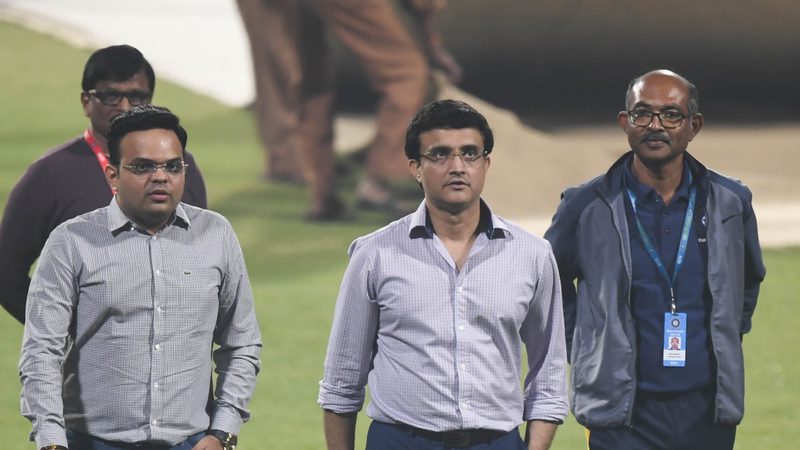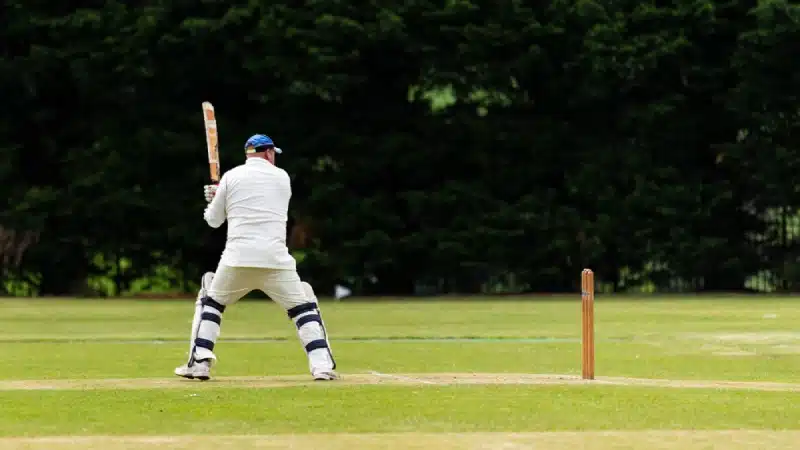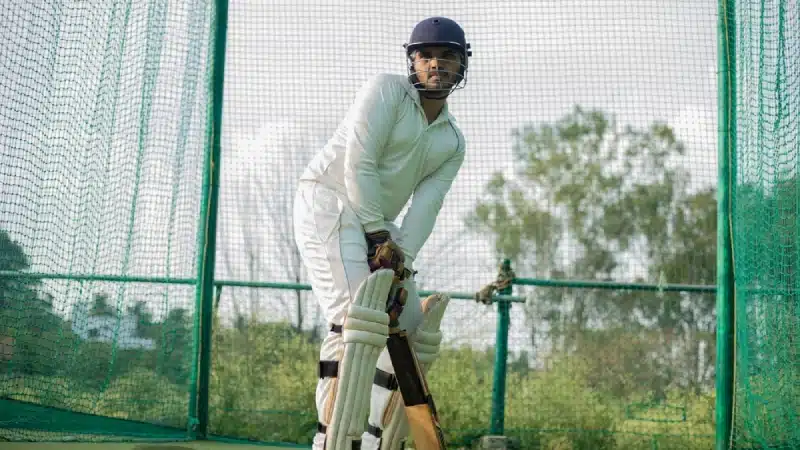
Not for the first time in their history, the ICC and BCCI have butted heads, with the world governing body this time threatening to take away the 2021 men's T20 World Cup from India, following a failure by the BCCI to secure a tax exemption for the event from the Indian government.
As per the ICC, the BCCI were to provide an 'unconditional confirmation' by May 18, 2020, that a long-persisting issue with the Indian government had been resolved. However, in light of the global pandemic and the restrictions imposed thereafter by the government, the BCCI wanted that deadline extended till June 30 at least and invoked the force majeure clause in their agreement - a request that has been rejected by the ICC.
"The BCCI has clearly had many years to arrange the tax solution… which is why the agreement asks for it to be provided ….no later than eighteen months prior…. and why the BCCI was required to provide it by 31 December 2019. In such circumstances IBC (ICC Business Corporation) is not prepared to agree to the requested extension to June 30, 2020, or 30 days after the lockdown is lifted, whichever is later,” wrote ICC's general counsel Jonathan Hall to the BCCI on April 29, as per ESPN Cricinfo.
"In the meantime, all of IBC's rights are reserved in full including the right to challenge whether or not a valid force majeure exists."
A taxing relationship
To provide some background into the long-running tussle over this matter between the two bodies, it first surfaced after the 2016 T20 World Cup, when the ICC incurred a US $20-30 mn loss following the BCCI's failure to secure a tax exemption from the Indian government.
That was what moved the ICC to warn the BCCI that they could forsake rights to host not just the 2021 T20 World Cup but the 2023 ODI World Cup as well, with the ICC standing to lose nearly US $100 mn if denied a tax waiver by the Indian government.
The 2016 issue saw a resolution after the government managed to get ICC's broadcaster Star India to shell out 10 percent of its earnings from the tournament as tax while the rest of the shortage was carved out of the revenues ICC paid the BCCI. This led the BCCI to raise the issue at the ICC's dispute resolution committee last March.
However, despite the tough stance of the ICC, the BCCI's feathers don't appear to have been ruffled, with a BCCI official stating, "The ICC can only do brinkmanship. The Star contract says the ICC has to deliver two events in India," possibly hinting at a resolution to the matter once Shashank Manohar steps down from ICC chairmanship in July.
Feature image courtesy: AFP / Dibyangshu Sarkar




















